What happens to poor quality homes?
G W
3 years ago
Featured Answer
Sort by:Oldest
Comments (33)
Mark Bischak, Architect
3 years agoG W
3 years agoRelated Professionals
Big Bear City Home Builders · East Ridge Home Builders · Homestead Home Builders · Hutto Home Builders · De Pere General Contractors · Shaker Heights General Contractors · Toledo General Contractors · Waldorf General Contractors · Oakley Architects & Building Designers · Royal Palm Beach Architects & Building Designers · Hercules General Contractors · Sheboygan General Contractors · The Hammocks General Contractors · Universal City General Contractors · Walnut Park General ContractorsMark Bischak, Architect
3 years agoG W
3 years agoJoseph Corlett, LLC
3 years agocallen9419
3 years agoOne Devoted Dame
3 years agolast modified: 3 years agosushipup1
3 years agoG W
3 years agomaifleur03
3 years agoCeladon
3 years agoDavid Cary
3 years agoOne Devoted Dame
3 years agocpartist
3 years agoTHOR, Son of ODIN
3 years agoCeladon
3 years agoOne Devoted Dame
3 years agocpartist
3 years agomaifleur03
3 years agoVirgil Carter Fine Art
3 years agomaifleur03
3 years agoG W
3 years agoDavid Cary
3 years agolast modified: 3 years agoC Marlin
3 years agoJeffrey R. Grenz, General Contractor
3 years agolast modified: 3 years agomaifleur03
3 years agopudgeder
3 years agoshivece
3 years agolobo_93
3 years agomomcat2000
3 years agoworthy
3 years agolast modified: 3 years ago
Related Stories

HOUZZ TOURSMy Houzz: Quality Shows in a Contemporary Dutch Home
Materials as hard wearing as they are lovely now fill this once-commercial space in the Netherlands
Full Story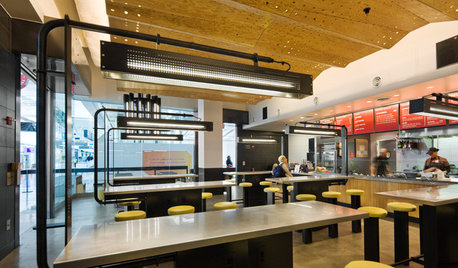
HOME TECHWhat Chipotle and Radiohead Can Teach Us About Sound Quality at Home
Contemporary designs filled with glass and concrete can be hostile environments for great sound quality. Here's how to fix that
Full Story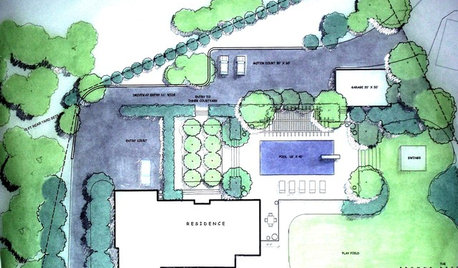
CONTRACTOR TIPSHow to Calculate a Home’s Square Footage
Understanding your home’s square footage requires more than just geometry
Full Story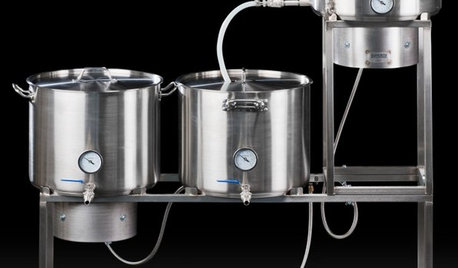
HOME TECHMake Home Sweet Home Even Sweeter With a Brewery Or Winery
New high-tech products make small-scale home beer and wine production easy and fun
Full Story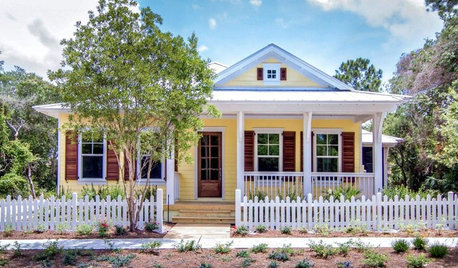
CURB APPEALWhat to Know About Getting Your Home’s Exterior Trim Painted
Learn when it makes sense to change the color of your exterior trim and how much this project might cost
Full Story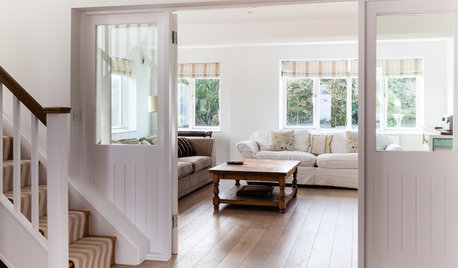
BUDGET DECORATING9 Tricks to Boost Your Home’s Appeal for Less Than $400
Whether you’re redecorating or just doing a quick update, check out these ways to enhance your home on a budget
Full Story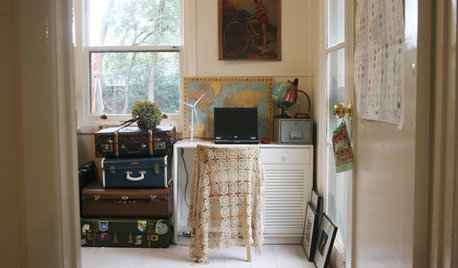
MOVINGMaking a Home Away From Home
Feeling like a stranger in a strange land? These tips can help ease the transition after a big move
Full Story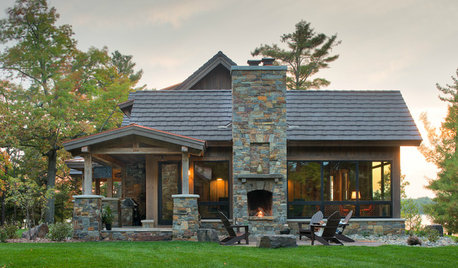
ROOFSWhat to Know Before Selecting Your Home’s Roofing Material
Understanding the various roofing options can help you make an informed choice
Full Story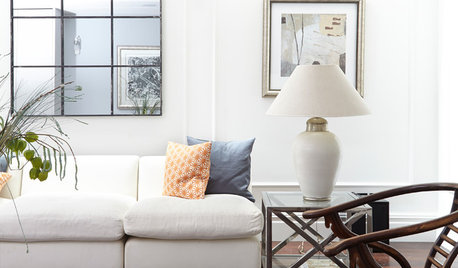
FEEL-GOOD HOME9 Ways to Boost Your Home’s Appeal for Less Than $75
Whether you’re selling your home or just looking to freshen it up, check out these inexpensive ways to transform it
Full Story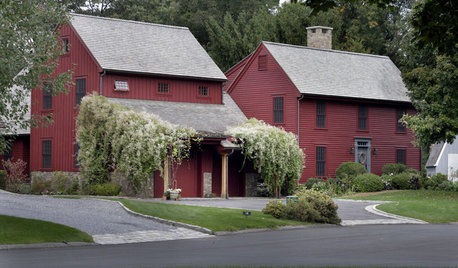
GREAT HOME PROJECTSReady to Repaint Your Home’s Exterior? Get Project Details Here
Boost curb appeal and prevent underlying damage by patching and repainting your home’s outer layer
Full StoryMore Discussions







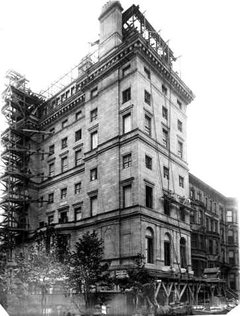

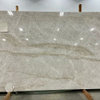

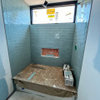
Louise Smith